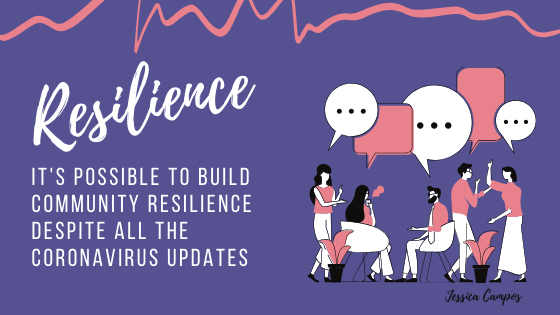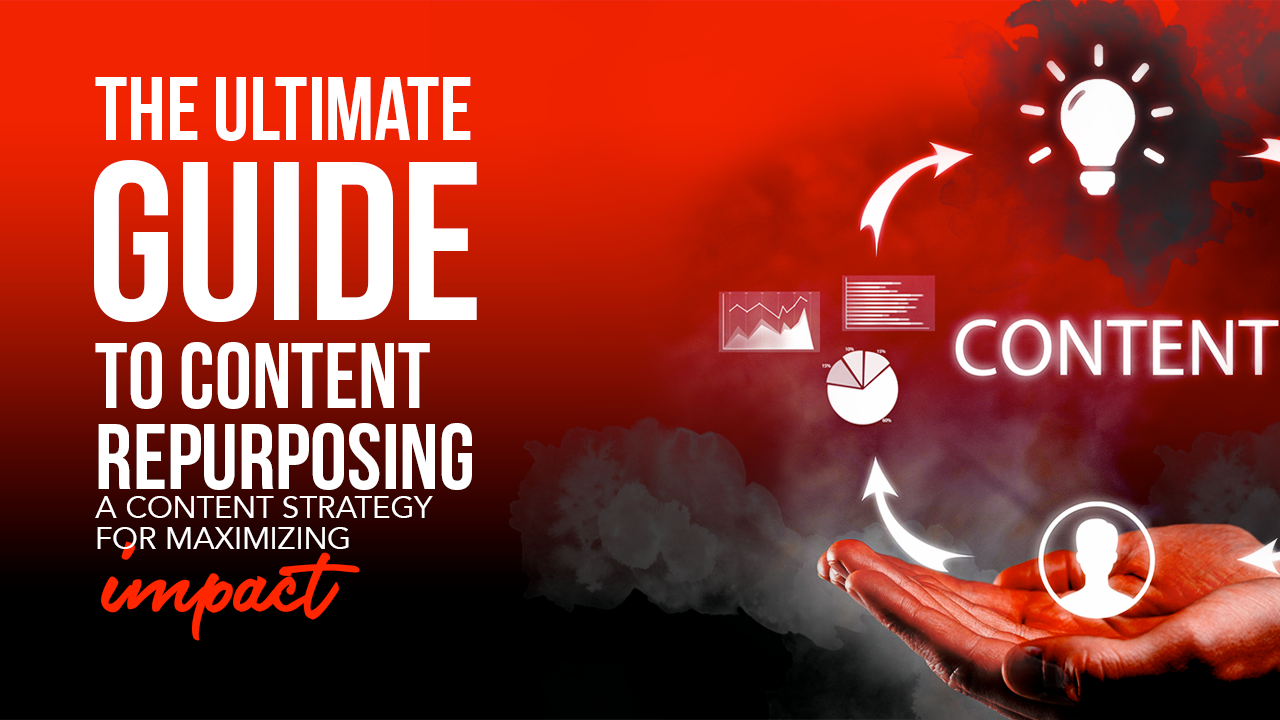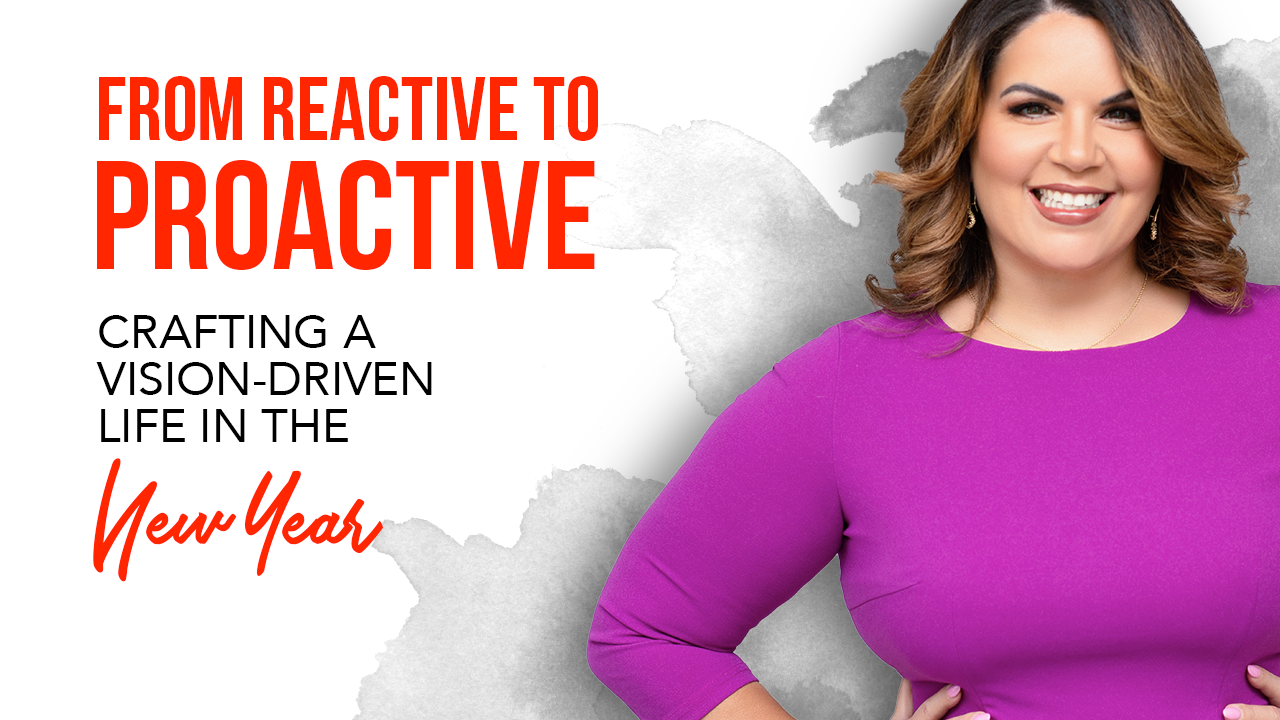Unless you live under a rock, you’ve been following the coronavirus live updates, pretty much every other minute.
If you’re an entrepreneur or business owner and want to stay connected and supported, keep reading! We have a series of online resources to support you!
In Texas, Gov. Greg Abbott has declared a statewide public health disaster as community spread has hit and cases of the new coronavirus have emerged in the state’s five most populous regions. An increase in the state’s testing capacity could reveal that the number of people infected is higher than currently known.
State and local officials have called for social distancing, extended spring break for colleges and school districts, and prohibited or canceled major events.
How Many People In Texas Have Coronavirus?
There have been at least 60 confirmed cases of COVID-19, the disease caused by the new coronavirus, in Texas.
The largest numbers of cases have mostly been centered in the Houston area, in North Texas and at a federal quarantine site in San Antonio. But all five of the state’s most populous urban areas have cases.
In Austin, the number of cases keep rising. It all started with 3 cases but the number is coming up, based on the most recent news.
Small Business Owners Are Suffering Severe Financial Consequences
The timing of this chaos is far from perfect. Coronavirus outbreak is happening right around the famous SXSW Festival; an internationally known festival that attracts more than 100,000 participants and sprawls from Austin’s convention center to hotels, bars and restaurants nearby.
SXSW is concerned its losses could run into the “tens of millions of dollars,” president Swenson said, and it will be out of money by this summer if it doesn’t find additional sources of income, such as grants.
You might think that an event this magnitude would have taken all the necessary precautions to have the best coverage. However, SXSW didn’t have insurance coverage for cancellations triggered by “bacterial infections, communicable diseases, viruses and pandemics”.
The losses from canceling SXSW are not just from the convention, but also from the local economy. Cancellation of the event is a financial gut punch for owners and employees of downtown bars, restaurants and concert venues, many of whom have come to rely on the influx of cash SXSW produces. For instance, SXSW’s estimated $356 million economic impact last year includes about $200 million related to spending by attendees — which equates to about 4% of Travis County’s $5 billion annual hospitality sector, condensed into an extremely short period.
The cancellation of SXSW was just the beginning of this major crisis.
A Calling For Community Resilience. But What Is Resilience?
When faced with adversity in life, how does a person cope or adapt? Why do some people seem to bounce back from tragic events or loss much more quickly than others? Why do some people seem to get “stuck” in a point in their life, without the ability to move forward?
Psychologists have long studied these issues and have come up with a label you may be familiar with: resilience. When faced with a tragedy, natural disaster, health concern, relationship, work, or school problem, resilience is how well a person can adapt to the events in their life. A person with good resilience has the ability to bounce back more quickly and with less stress than someone whose resilience is less developed.
When It Comes To Implementing Resilience, Puerto Rico Has A Mastery.
On September 20, 2017, Hurricane Maria (category 4 with winds up to 155 miles per hour) made landfall just south of the Yabucoa Harbor in Puerto Rico. This is about 30 minutes from where my family lives.
According to the best estimates, nearly 3,000 people died. It’s hard to put in words the big massive devastation this natural disaster left in millions of Puerto Ricans.
I will never forget how everything happened, while I was in Austin, talking with my mom. We were in constant communication. Around 4 am she wrote me a text telling me that the winds were very loud and she was afraid. I replied and never got an answer back until 7 days later. Those 7 days were full of fear and anxiety. I found myself crying for no reason. It was devastating just to think of the idea that my family was in danger.
I remember seeing images like this one and thinking about my Abuela having to go through this and not making it.
Just take a second to think about the last time your home ran out of power. You had no internet. No water… After a few hours, you start to get uncomfortable. Well, for Puerto Rico, this was their reality for almost 1 year for some families. Imagine 1 year with no access to power and water? How can one survive? It’s resilience.
How Can Communities Build Resilience
Everybody has resilience. It’s just a question of how much and how well you put it to good use in your life. Resilience doesn’t mean the person doesn’t feel the intensity of the event or problem. Instead, it just means that they’ve found a pretty good way of dealing with it more quickly than others.
Let’s discuss some strategies that can activate your resilience mindset, starting today!
Number One: Be distant but not disconnected. It’s important to recognize that your reality is pretty much the same reality for your neighbor. Perhaps they have it even harder. While it’s not recommended that you go out and visit them now, finding access to your neighborhood website, Facebook Group or Facebook page is important. If you don’t have those, then access your next available community. Join Nextdoor and you will find it. Be active. If you don’t see any then create a Facebook Group!
Number Two: Find a cause and support it. A great way to focus in the positive is by finding a cause and supporting them. In my case, I support local business owners. All my attention has been directed to get to know how is everybody and how can we rise together as a family. Since we cannot gather in person, we are hosting online meetings to expand the connections and help each other.

Number Three: Stay positive. When you’re reading the coronavirus updates, keep in mind that they have a responsibility to prevent the worse scenario. Can the worst-case scenario happen? Yes, absolutely. But… what if it doesn’t? What if you can just listen to the news and put your mind to think about a much better scenario instead of entertaining those negative thoughts.
When I finally called my mom after a week, they had no power. In fact, they didn’t get it for almost 4 months. We would talk about the situation and she would tell me “Jessica we are fine, we are alive and we will get through this. The power will come one day this is not permanent.” My goodness! I was, from the other side, suffering, but they were just ok.
Number Four: Think about healthcare providers and first responders. Maybe you’re not in conditions to enroll as a first responder and work at the center for disease control, for example. However, it’s important to be aware of their needs.
Number Five: Have a list of all the resources handy. Here are some resources that might guide you to manage this crisis in one page.
Stress and the Threat of COVID-19
Pandemic Preparedness Resources
Aprender sobre coronavirus en Espanol
Resources for Small Business Owners
Community & Connections – Austin Networking
SBA to Provide Disaster Assistance Loans for Small Businesses Impacted by Coronavirus (COVID-19).
SXSW organized Stand With Austin, promoting several fundraising events to come along and bring relief to those in need. Stand with Austin fund.
Keep in mind! Your school’s website or small office websites might not be updated instantly. Follow them on social media which is where they most likely will announce their updates.
If you have resources to add to the list, please email me [email protected] and we will gladly add them.
These are just 5 ideas.
The key is to identify ways that are likely to work well for you as part of your own personal strategy for fostering resilience.
Now I’m turning this over to you!











1 Comment
[…] Number Five: Have a list of all the resources handy. We have a list of resources here- https://www.marketingforgreatness.com/coronavirus-updates-small-busin … esilience/ […]